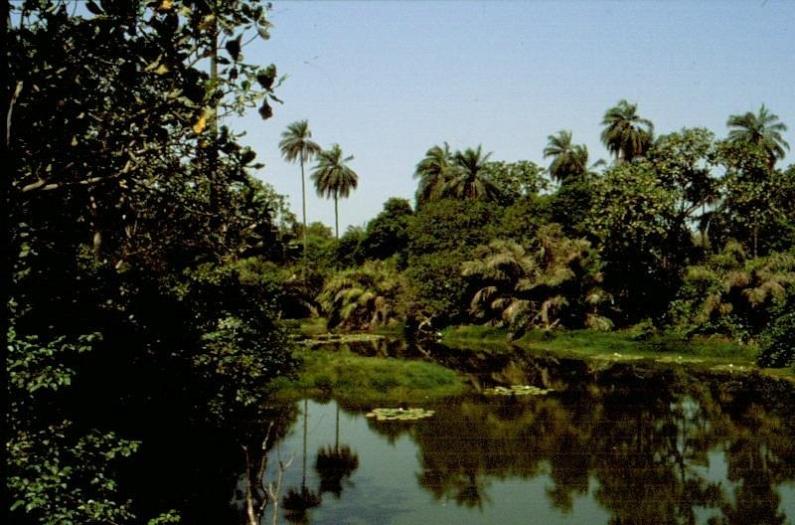Blog
Ecotourism in Senegal and The Gambia has been gaining momentum as a sustainable alternative to mass tourism, offering visitors the opportunity to experience rich biodiversity, vibrant cultures, and conservation efforts while supporting local communities and protecting the environment.
Key hallmarks of Ecotourism in the Senegambia region
Biodiversity and Natural Attractions
-
Niokolo-Koba National Park (Senegal): A UNESCO World Heritage Site known for its diverse wildlife including antelopes, chimpanzees, leopards, and over 300 bird species.
-
Sine-Saloum Delta (Senegal): A rich estuarine ecosystem ideal for birdwatching, fishing, and kayaking.
-
Abuko Nature Reserve (The Gambia): The country’s first nature reserve, home to monkeys, antelopes, and numerous birds.
-
River Gambia National Park: Features chimpanzee rehabilitation projects and lush riverine forests.
Cultural Immersion
-
Traditional Villages and Local Festivals: Ecotourists can engage in homestays, learn local crafts, and experience musical and dance traditions.
-
Historic Sites: Visits to places like Juffureh and Kunta Kinteh Island (linked to the transatlantic slave trade) offer historical and educational experiences.
Community-Based Tourism
-
Involves local guides, accommodations, and cooperatives, ensuring that tourism revenue benefits indigenous communities.
-
Examples include community lodges, such as those in the Sine-Saloum Delta or Makasutu Forest in The Gambia.
Sustainability Efforts
-
Emphasis on low-impact infrastructure, waste management, and environmental education.
-
NGOs and government programs (like Gambia’s Responsible Tourism Policy) promote best practices.
Upsides of Ecotourism
-
Economic diversification in rural areas.
-
Environmental protection through conservation funding.
-
Cultural preservation and revitalization.
-
Empowerment of women and youth through job creation and skills training.
Setbacks
-
Climate change impacts (such as coastal erosion, changing rainfall patterns).
-
Inadequate infrastructure in some rural areas.
-
Balancing growth with conservation to prevent "greenwashing.

Post your comment
Comments
No one has commented on this page yet.
RSS feed for comments on this page | RSS feed for all comments